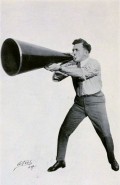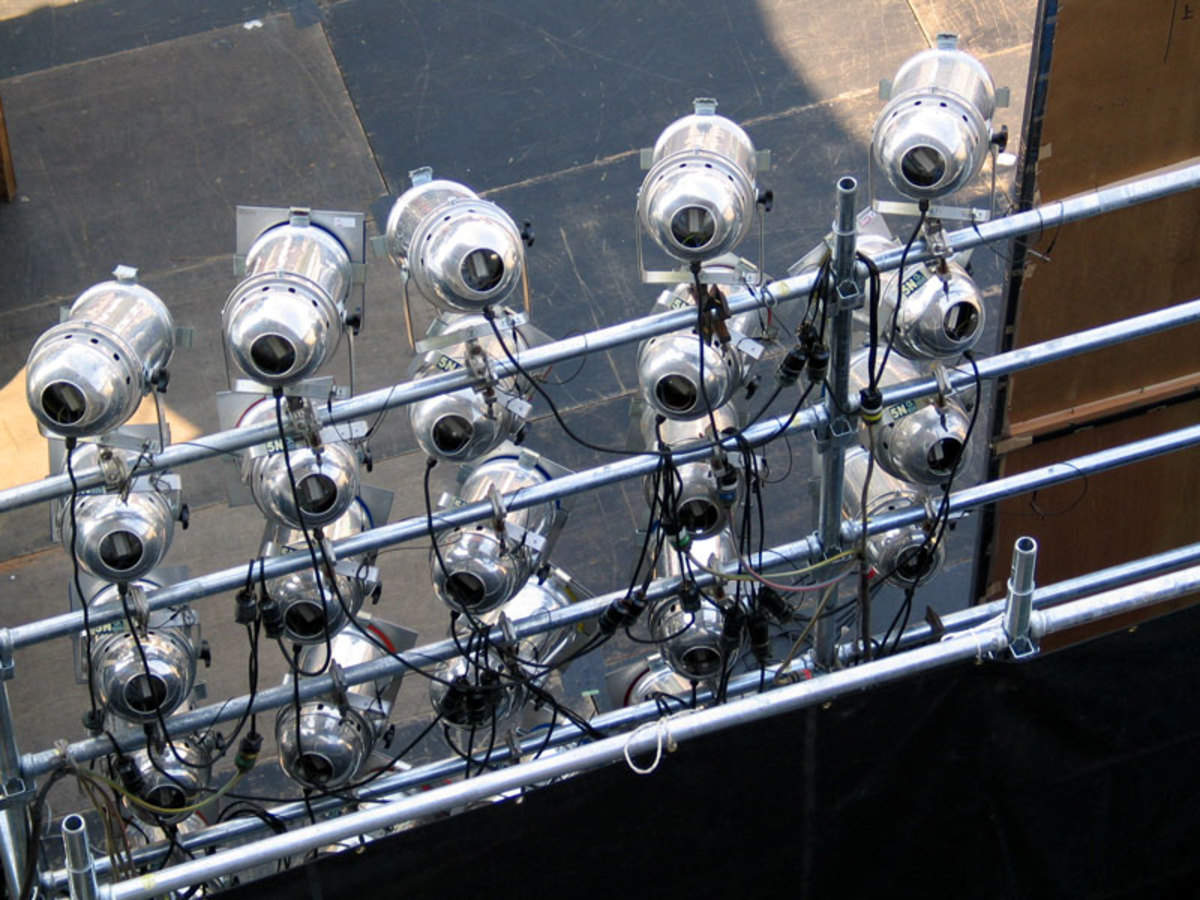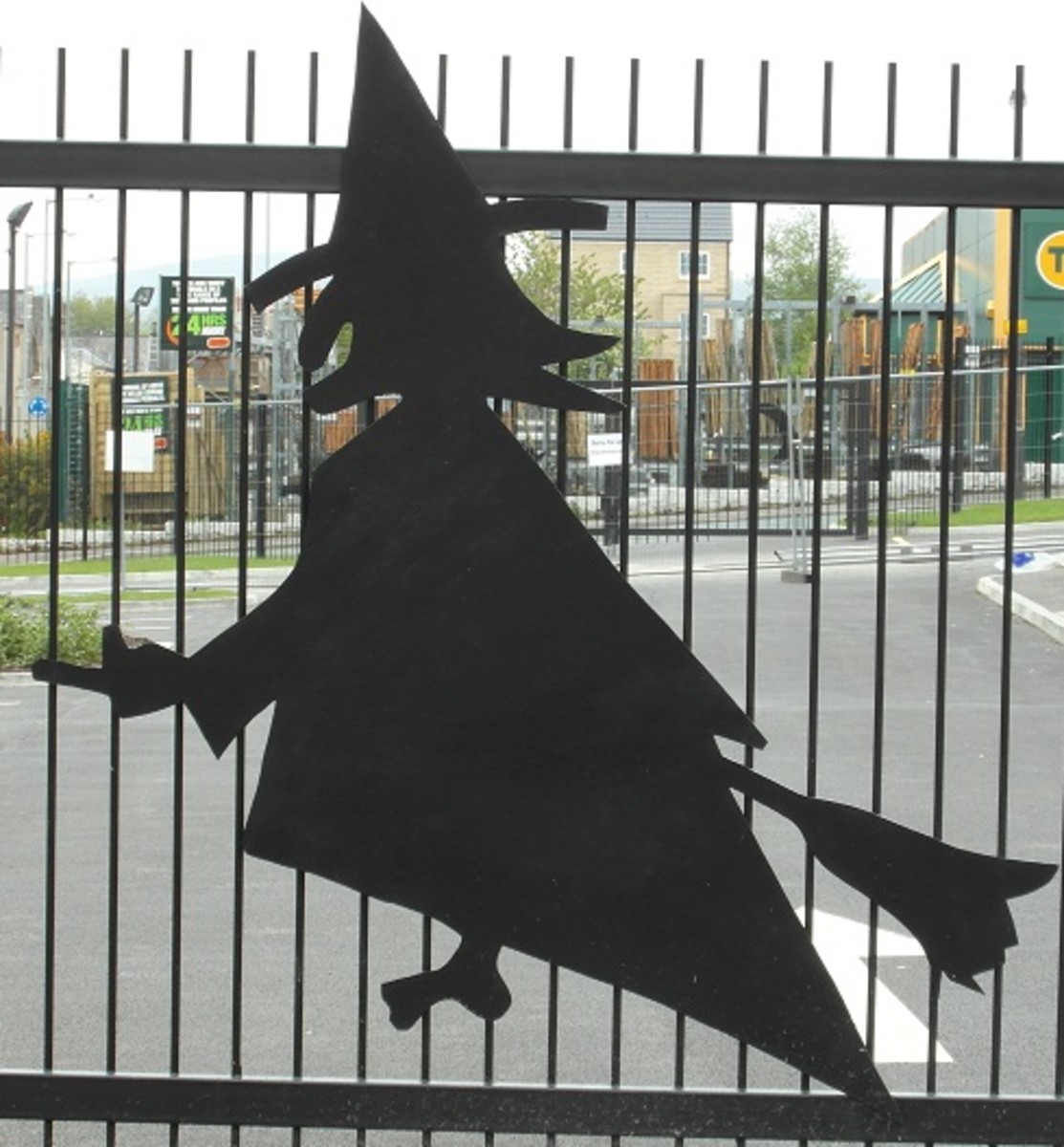Auditioning for a play - what to know

Auditioning for a Play for the first time. What you should know and what to expect.
From the soon to be released "The Amateur Actor's On Stage Survival Guide". Some Do's and Don'ts when auditioning for a role in a play. Where to find out about auditions. What types of auditions you can expect. What you should bring and what you should leave behind.

The Audition process - what happens?
A few basic tips of what to do and what NOT to do
The Audition
An audition is a process where a director selects from a group of actors, individuals who best fit the characters in a play. A director won't always choose the best actors, but instead will choose the actors that are best for the roles. If the play is about a group of teenagers struggling with peer pressure it is doubtful a director will cast middle aged actors into the parts. Prior to auditioning, it's important to research the play. In most cases, audition notices that appear in the paper or on line will tell you exactly what age range, body type, ethnic type etc.. they are looking for. It will also inform you what kind of auditions they will be. Most auditions will be simple "cold readings" from the script.
The Cold Hard Read
A "cold" reading means you will read from the script without much time to prepare. Try picking up a book, turning to any page and just start reading out loud, you'll get the idea. At a cold reading, you may have a few minutes to look over the scene and get an idea of what's going on, but that's it. Chances are, the director will use the same scenes to audition most of the actors and you can get slightly familiar with it by watching different actors read it over and over. Or you may even be familiar with play, in that case it will be a Luke warm reading. A good director will describe the scene for you before you begin reading and it may sound something like this:
"You're at a all night diner. You have a massive headache and you're trying to order from the breakfast menu but inside you're feeling restless yet at peace. And action!"
Variations on a theme
Other auditions may request you perform a short monologue prior to cold readings from the script. Not every great actor is a great cold reader therefore, performing a monologue gives the director a good idea of your talent of performing memorized material. Does it sound natural? Or does it sound like you are rattling off a shopping list from memory?
Musical auditions will have you prepare a song to sing at the audition. One audition I attended, the director handed out copies of a short monologue and gave everyone about 15 minutes to memorize it. This gives the director a fair idea of how quickly you can memorize. Some auditions may have you participate in improvisational games which demonstrates how quickly you think on your feet and how you interact with other actors.
Bested
Again, keep in mind that the director is looking for the actor that best fits the character in the play as written by the playwright. This is not always the best actor who read for the part. You may be the greatest actor in your tri-state area but if you do not fit the role, remember it has nothing to do with your acting ability. If you are a healthy, athletic body builder, odds are you will not be cast as 90 pound weakling.
Match Game
Directors also consider which actors compliment other actors. For example, if the script has two characters described as "the perfect married couple", the director will consider which two actors will look good on stage together. It's unlikely the director would cast a 6'11" guy and a 4' girl. Even if those actors really nailed the roles.
These are all factors a director is looking for at auditions. Now let's look at a few things a director is NOT looking for.
Sing Song from Blighty
I have seen many new actors end up in the "no experience" pile because they give away clues that they have no clue about acting. The first clue is reading from a script as if it were a poem. Some inexperienced actors believe "acting" means speaking in an iambic pentameter rhythm, which is fine if you are auditioning for Shakespeare, but not every play was written by Shakespeare.
When you are reading straight dialogue, the basic idea is to make it sound natural and conversational. You're not in Mrs Morris' fourth grade classroom reading the "White Cliffs of Dover" out loud. If you want the director to consider you, stay away from a sing-songy style of reading.
I have also seen a few actors suddenly become British when they read from a script. One actor I knew read every part as if he were Sir Anthony Hopkins. He had it in his mind that to sound like an actor, you must sound like an upper class English gentleman, even when auditioning for Stanley Kowalski in "Street Car Named Desire" . If you don't know, "Streetcar" is set in New Orleans, and sounding as if you are from East Sussex doesn't really work for the part.
What?
Another big factor that directors look for or actually listen for, is your sound. Yes sound. Do you speak loud enough to be heard or do you mumble softly to yourself? Volume is very important on the stage because everyone needs to hear you, so it's important when you audition to make yourself heard. A helpful tip is to not the hold the script in front of your face because it blocks the sound of your voice from traveling in an outward direction.
Enunciation is also a virtue at auditions. You may be loud enough but you may be running all the words together into a garbled mess. You must be loud and clear. On trick is imagine you are speaking to an elderly person or a foreigner.
In conclusion, if you are auditioning for the very first time, be careful of any set ideas you have about acting. Speak clearly, loudly without a British accent,(unless you are supposed to). These tips will keep you out of the "no experience" pile.
All of these methods help the director discover the best actor for the role. Hopefully it will be you.
Read about acting and auditions - Books you should read
Many great books have been written about acting. From the method all the way to the theory that you should just "learn your lines and not bump into the furniture."













